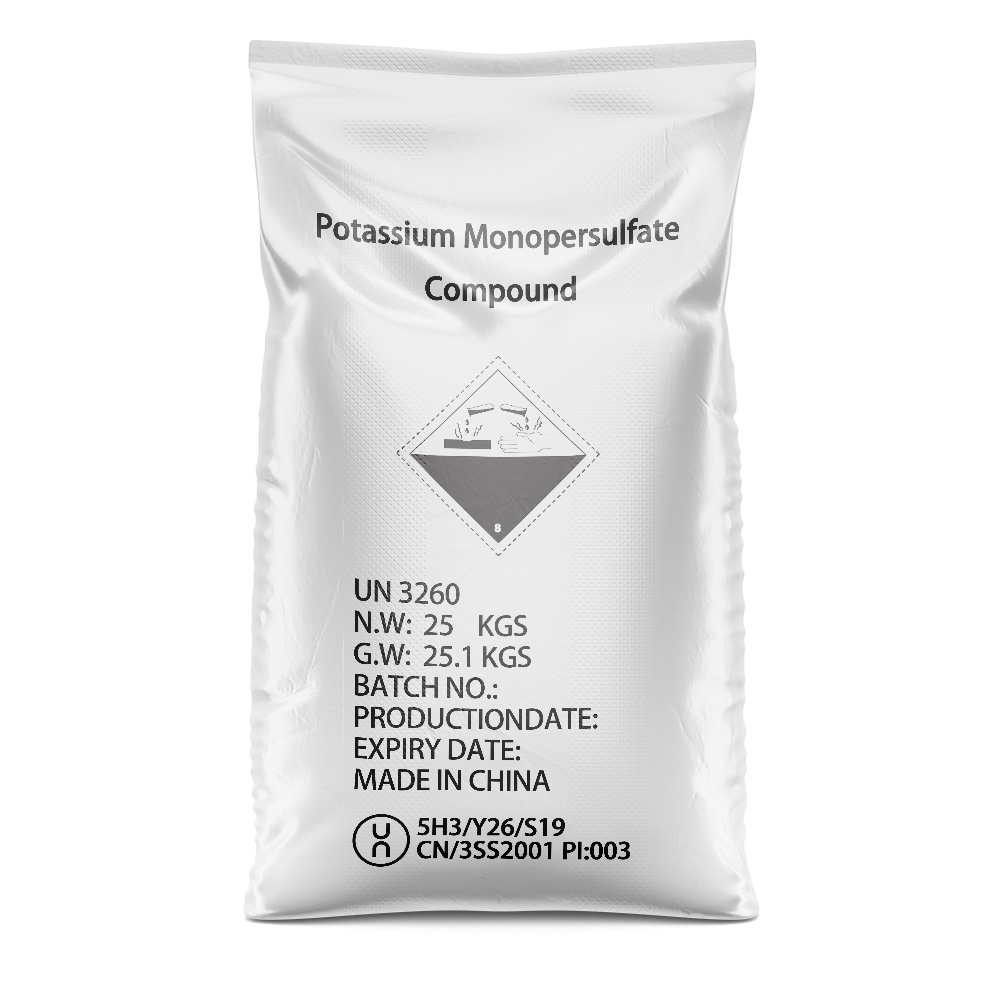



bulk sodium chlorate
Bulk Sodium Chlorate Applications, Benefits, and Safety Considerations
Sodium chlorate, a chemical compound with the formula NaClO₃, plays a significant role in various industrial applications, particularly due to its properties as a strong oxidizing agent. In its bulk form, sodium chlorate is widely utilized in industries ranging from pulp and paper production to herbicide formulation, demonstrating both versatility and efficiency in meeting diverse industrial needs.
Production and Properties
Sodium chlorate is typically produced through the reaction of chlorine with sodium hydroxide in an electrolytic chloralkali process. This method not only ensures high purity and efficiency but also allows for the large-scale production necessary for commercial applications. The compound appears as a white, crystalline solid and is highly soluble in water, making it easy to transport and handle in bulk.
The most notable property of sodium chlorate is its oxidizing capability. This feature enables it to react vigorously with organic materials, thereby facilitating its use in various chemical reactions and applications. However, it is this very quality that necessitates strict handling and storage protocols to mitigate risks associated with its reactivity.
Applications in Industry
One of the primary uses of bulk sodium chlorate lies in the pulp and paper industry, where it serves as a bleaching agent. Its ability to effectively whiten wood pulp without compromising the integrity of the cellulose fibers makes it a preferred choice for many manufacturers. By employing sodium chlorate in the bleaching process, producers can achieve a high degree of whiteness while adhering to environmental standards, as the compound decomposes to harmless byproducts.
In addition to its application in pulp and paper, sodium chlorate is a key ingredient in the production of herbicides. It acts as a non-selective herbicide that eliminates unwanted vegetation, thus aiding agricultural practices. When applied correctly, sodium chlorate can significantly enhance crop yields by limiting competition from weeds. This use extends to various other sectors, including forestry and landscape management.
Sodium chlorate also finds its role in the chemical synthesis of various compounds, including chlorinated organic chemicals, making it an important reagent in laboratories and industrial settings. Its oxidizing properties allow for various transformations in synthetic chemistry, contributing to the creation of diverse products ranging from disinfectants to pharmaceuticals.
bulk sodium chlorate

Benefits of Using Sodium Chlorate
The widespread use of bulk sodium chlorate across industries can be attributed to several compelling benefits
1. High Efficiency Its potent oxidizing properties enhance the efficiency of chemical processes, enabling faster reactions and higher yields in production settings.
2. Cost-Effectiveness Bulk sodium chlorate is relatively inexpensive compared to other bleaching agents and herbicides, providing a cost-effective solution for manufacturers looking to improve profitability.
3. Environmental Compliance As industries increasingly aim to meet stringent environmental regulations, sodium chlorate's ability to decompose into non-toxic byproducts ensures compliance while maintaining effectiveness in applications.
4. Versatility Its applicability across various sectors—from agriculture to chemical manufacturing—makes sodium chlorate a flexible solution for many industrial challenges.
Safety Considerations
Despite its beneficial properties, safety must remain a top priority when handling sodium chlorate. As a powerful oxidizer, it can pose significant hazards associated with fire and explosion if not properly managed. Therefore, it is crucial to store the compound away from combustible materials, in well-ventilated areas, and under controlled conditions. Personal protective equipment (PPE), including gloves and goggles, should always be worn when handling sodium chlorate to prevent skin and eye irritation.
In conclusion, bulk sodium chlorate serves as an essential compound in numerous industrial applications, offering both efficiency and cost-effectiveness. While its advantages are substantial, it is imperative for industries to prioritize safety measures to mitigate potential risks associated with its handling and use. As advancements in technology and practices continue to evolve, sodium chlorate is poised to maintain its relevance and utility across various sectors, contributing to sustainable and efficient production methods.
-
Why Sodium Persulfate Is Everywhere NowNewsJul.07,2025
-
Why Polyacrylamide Is in High DemandNewsJul.07,2025
-
Understanding Paint Chemicals and Their ApplicationsNewsJul.07,2025
-
Smart Use Of Mining ChemicalsNewsJul.07,2025
-
Practical Uses of Potassium MonopersulfateNewsJul.07,2025
-
Agrochemicals In Real FarmingNewsJul.07,2025
-
Sodium Chlorite Hot UsesNewsJul.01,2025










